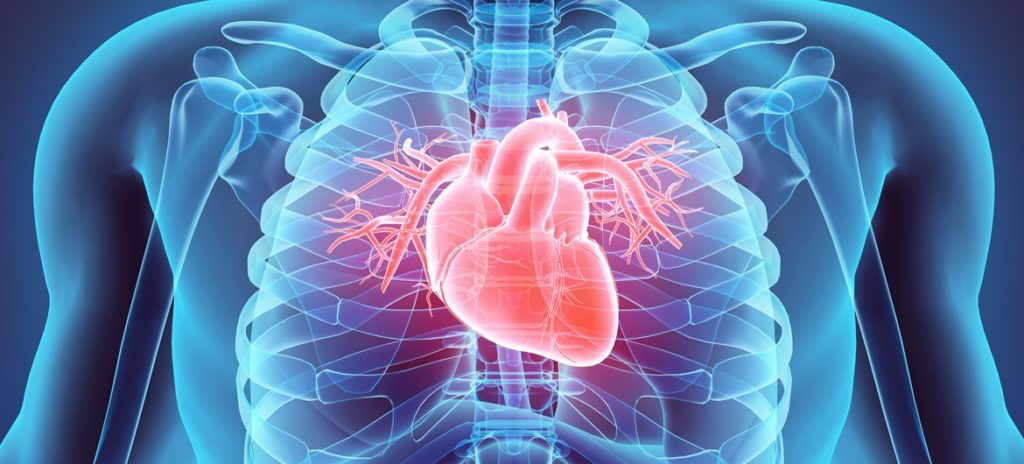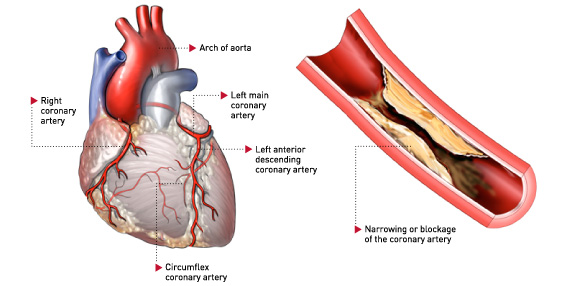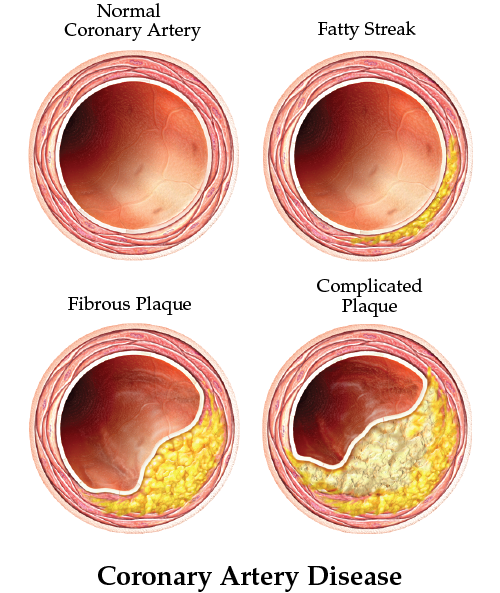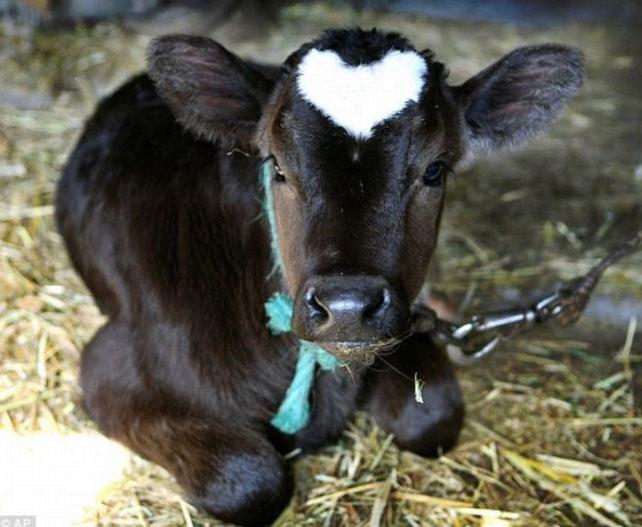Heart disease is America’s #1 killer. It takes the lives of over 600,000 people per year (source) through coronary artery disease, heart attack, stroke, arrhythmias, and congenital heart defects.

As Dr. Michael Greger writes so well in his book How Not to Die: Discover the Foods Scientifically Proven to Prevent and Reverse Disease,
“Imagine if terrorists created a bioagent that spread mercilessly, claiming the lives of nearly 400,000 Americans every year. That is the equivalent of one person every 83 seconds, every hour, around the clock, year after year. The pandemic would be front-page news all day, every day. We’d marshal the army and march our finest medical minds into a room to figure out a cure for this bioterror plague. In short, we’d stop at nothing until the terrorists were stopped.
Fortunately, we’re not actually losing hundreds of thousands of people each year to a preventable threat….or are we?
Actually, we are. This particular biological weapon may not be a germ released by terrorists, but it kills more Americans annually than have all our past wars combined. It can be stopped not in a laboratory but right in our grocery stores, kitchen and dining rooms. As far as weapons go, we don’t need vaccines or antibiotics. A simple fork will do.
If this epidemic is present on such a massive scale, yet so preventable, why aren’t we doing more about it? Coronary heart disease is affecting nearly everyone raised on the standard American diet.”

Heart disease follows the standard American or Western diet around the world. When people move into Western cultures or when Western food migrates into their culture, increased rates of heart disease follow.
Medical pioneers Drs. Nathan Pritikin, Dean Ornish, and Caldwell Esselstyn have all demonstrated that a low-fat, whole food plant-based diet can not only halt the progression of heart disease but it can also reverse heart disease. If you have a heart and wish to prevent heart disease or reverse any active heart disease, it would behoove you to explore the websites of these doctors to learn how you can reduce your LDL to under 70 mg/dL (total cholesterol 150 mg/dL) which is the level below which no deaths from coronary heart disease have been reported. The average American has a total cholesterol of 200 mg/dL.

“Over the next 24 hours, 3,000 Americans will have heart attacks, roughly the same number of people who perished in the terrorist attacks of September 11, 2001. One our of 3 people who have a heart attack will die from it.
The heart is the centerpiece of life and, more often than not in America, it is the centerpiece of death. Malfunction of the heart and/or circulatory system will kill 40% of Americans, more than those killed by any other injury or ailment, including cancer. Heart disease has been our number one cause of death for almost 100 years.” T. Colin Campbell, PhD in The China Study, Revised and Expanded.
Dr. Campbell also shares that “blood cholesterol level of 200 mg/dL is not optimal, a 30% fat diet is not “low-fat,” and eating foods containing any cholesterol above 0 mg is unhealthy. A whole food, plant-based diet can prevent and treat heart disease, saving hundreds of thousands of Americans every year.”
In spite of these well known statistics and guidance for the prevention from becoming an additional statistic, people still eat cholesterol-containing animal-based fatty foods. Metaphysically I believe it is revenge for a heartless, brutal practice.

At least 6 million animals are slaughtered every hour to meet the global demand of meat, dairy, and eggs. If humans killed humans at the same rate that humans kill animals, the human population would be eliminated in just 17 days. But we breed and kill relentlessly and heartlessly to consume edibles that will more than likely stop our own hearts.
We have to kill the compassion in our hearts to eat animal flesh and fluids which in turn kills the beating of our hearts. Oh, the irony.
If we can survive and thrive, which we can, on plant-based foods, keep our compassion in tact, and take good care of our heart health, why wouldn’t we?
Additional Resources
• Getting Started on a Low Fat, Whole Food, Plant-Based Diet
• Johns Hopkins on Health & Environmental Implications of Animal Consumption

{ 0 comments… add one now }